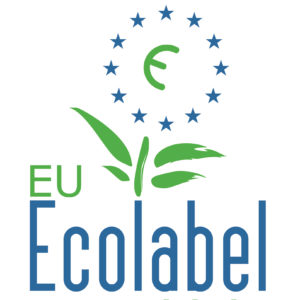A few weeks ago the European Commission has published an amended decision which establishes the ecological criteria for the award of the EU Ecolabel for textile products and extends the scope of the criteria and the related assessment requirements for the next 78 months.
The document further specifies to which textile fibres the ecological criteria apply and expands the range to include intermediate textile products. The product group textile fibres, yarn, fabric and knitted panels now to include intermediate products intended for use in textile clothing and accessories and interior textiles, including upholstery fabric and mattress ticking prior to the application of backings and treatments associated with the final product.
In addition, non-fibre elements now comprise intermediate products that are incorporated into textile clothing and accessories and interior textiles, including zips, buttons and other accessories, as well as membranes, coatings and laminates. The definition of the cleaning products category has been replaced by woven or nonwoven products made from textile fibres and intended for the wet or dry cleaning of surfaces and the drying of kitchenware.
The document also outlined the need to improve the wording to clarify the exceptions applying when recycled fibres or organic cotton fibres are used and how the calculation of the percentage of cotton is to be conducted. The document called to harmonise the wording used in the organic cotton, IPM cotton and pesticides restriction requirements across the textiles, footwear and furniture product groups. Further desired improvements concerned chemicals and process criteria, as well as the restrictions applying to all production stages so as to introduce detergents into the coverage of the restriction.





